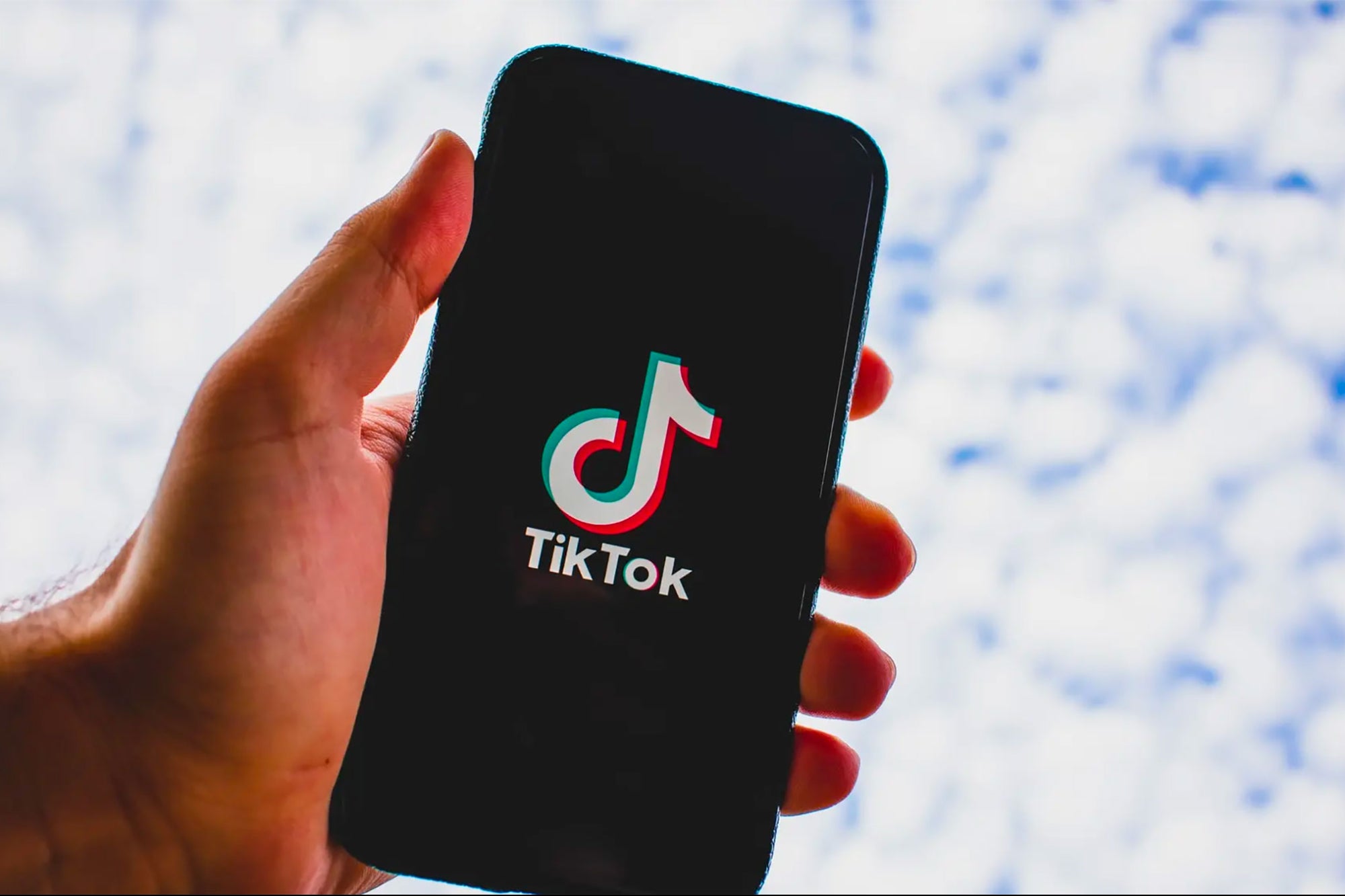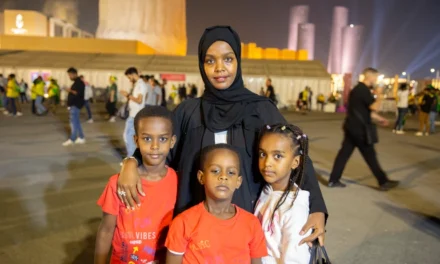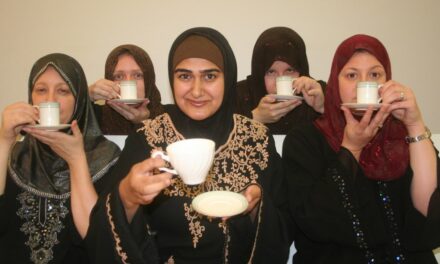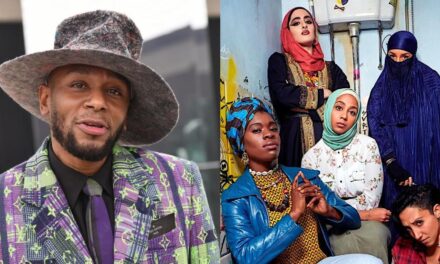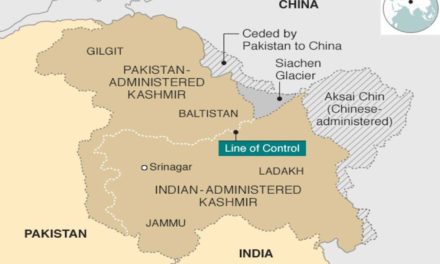Photo Credit©: Entrepreneur
Originally Published By:
“We no longer need Hollywood,” said Malek, a Muslim content creator better known as @arabicmclovin on TikTok. “We don’t need those people to give us a platform. We’re creating our own.”
The lack of authentic Muslim representation in Hollywood is well known. And while there has been promising signs of change, repeated setbacks continue to frustrate a community looking to see themselves reflected onscreen. So, with the rise of the massively popular social media app TikTok, Muslim content creators have decided to take things into their own hands.
“I have never ever, ever, ever related to any Muslim on any show ever,” said Astuanta, a Muslim comedian known as @astapasta3 on TikTok. She described how there are technically a lot of Muslim characters in film and TV. The issue, though, is that they’re nothing like any actual Muslims she’s ever known. Instead, the depictions are caricatures, sneering villains threatening the protagonist.
“The first Iron Man. I remember watching this movie as a kid,” said Malek. “And it was just a little frustrating that the only time I saw someone speak Arabic was when he was kidnapping people. It’s demoralizing.”
Entertainment media has a notorious history with villainizing Muslims, with even recent successful projects like Black Panther, Taken 2, and Homeland not being immune. Then, there is also the issue of depicting hijab-wearing women as oppressed, with the character’s arc inevitably ending with her falling in love with a white savior.
“You see a lot of that. Muslim women falling for white boys and taking their headscarves off,” said Zahra, better known as @muslimthicc. “It’s like you get excited because you finally have representation. And then it’s like— that’s not the kind of representation that you want.”
And so, a new generation of Muslim content creators have turned to TikTok to show Muslims in a way that Hollywood can’t: authentically.
Munera (@iconiccpinkk) and her sister Fatima (@iconicgreen1) post short bursts of wildly inventive and chaotic humor. One of their most successful videos involved their family dressing up in multi-colored abayas and posing in the woods as the Hijabi Power Rangers, ready with spatulas and cans at hand. Astuanta (@astapasta3) commands her own unique brand of comedy with high-energy skits and insightful commentary on current events. Her resolve to post only what she wants and not what people expect has led both to a hilarious embrace of Irish heritage and powerful messages on the political climate.
Aneesa (@aneesakae) posts comedic lip sync videos, dance clips, and glimpses into her life as an emergency department technician. And all throughout, she places her multi-ethnic background and Muslim identity front and center.
Malek (@arabicmclovin) focuses on educating viewers on Arab and Muslim culture, taking 60 seconds or less to deconstruct misconceptions or enlighten viewers on forgotten parts of Muslim history.
And Zahra (@muslimthicc) who is perhaps the most well-known face of Muslim TikTok, shares her day-to-day thoughts and experiences on being a hijab-wearing Muslim-American college student.
These Muslim creators, and many others, have rapidly built up a dedicated global audience, much thanks to the TikTok algorithm’s advanced system of discovery. Through TikTok’s “For You Page,” audiences the world over can discover quality content regardless of who’s making it. Thus, TikTok allows Muslims a more even starting line than other media would.
And now, as more and more young people turn away from big screens and turn instead to their phones, these creators are providing Muslim representation in what is maybe the most influential space in entertainment today.
“Kids in America are growing up and they’re seeing us on their For You Page and they’re thinking, ‘these people are not what [the media] say they are. These people are not that bad,’” said Malek.
But what really allows diverse representation on TikTok to move miles ahead of traditional entertainment isn’t necessarily the content, it’s the accessibility of the creators. Curious viewers, maybe seeing Muslims on their phone screens for the first time, need only send a direct message to learn more, and many creators are happy to oblige.
While Astuanta doesn’t focus exclusively on Muslim content, she described getting messages and comments from people genuinely curious to learn more about Islam. Where she can, she provides further insight, and holds that this is an amazing part of the TikTok community that’s harder to find elsewhere.
Even if tomorrow our favorite shows added in nuanced Muslim characters, this level of back and forth wouldn’t ever be possible there.
However, as with any online platform, these creators’ rising audiences came too with negative pushback.
“Every time when a video goes viral you always get some negative people in the comments,” said Munera. “[They say] I’m oppressed, or Osama Bin Laden is my dad or something like that. Like I’ve never seen so much anti-Islamic stuff like that in my life.”
Negativity towards minority voices online is, of course, nothing new. And such negativity on TikTok can become overbearing, with many creators choosing to block certain words on their accounts to prevent hurtful comments. But every creator I spoke with was quick to emphasize how much more prevalent the positive response was.
“[Negative comments] are few and far between,” said Aneesa. “And I would be lying if I said they didn’t affect me, because they do, sometimes. But in the sea of all the positive and uplifting comments, it kind of becomes a little easier to overlook the negative ones.”
Via a combination of TikTok’s stellar algorithm finding the right audience and a younger skew in the platform’s user base, creators have found a much more positive social media community here. There are of course exceptions, including some high profile incidents. However, many creators do feel that this community is safer, allowing minorities like Muslims to more freely be themselves.
And for the thousands of young Muslims watching these creators’ content, this is an opportunity, finally, to feel authentically represented.
“We received a lot of messages from young girls that said, ‘You guys are our role models,’” said Fatima. “They started wearing the hijab because of this. Or they started TikTok because of us.”
“I’ve gotten DMs from Muslim girls that’ve been like, ‘Hey you inspired me to wear hijab.’ Or, ‘You make me feel more confident,’” said Zahra. “Those comments always make me tear up. Because, I struggled wearing hijab when I was younger…And I wish that I had had someone that I could reach out to. So, whenever I get comments like that I respond as quickly as I can to everyone.”
Hollywood is changing. And perhaps the biggest sign of this is the fact that a high profile Ms. Marvel project starring a Muslim lead is currently in the works.
But while the major studios play catch-up, TikTok’s Muslim creators are here to fill the void.
Now, as anyone following the headlines would know, the position of TikTok in the United States is still uncertain. While an injunction has bought the platform some time and powerful American companies have stood up to play a role, it is unclear how all this will settle.
So, the question of what will become of the audiences these Muslim creators have built is up in the air. While they sincerely hope the platform doesn’t leave, many have begun planning for the future.
“The thing is with TikTok— it’s taught me. It’s taught me how to make content. It’s taught me how to make engaging content. And that, no matter if it’s banned or not, that’s with me now,” said Malek.
Zahra, Munera, Fatima, Aneesa, Malek, and Astuanta can be found on TikTok as @muslimthicc, @iconiccpinkk, @iconicgreen1, @aneesakae, @arabicmclovin, and @astapasta3, respectively.
